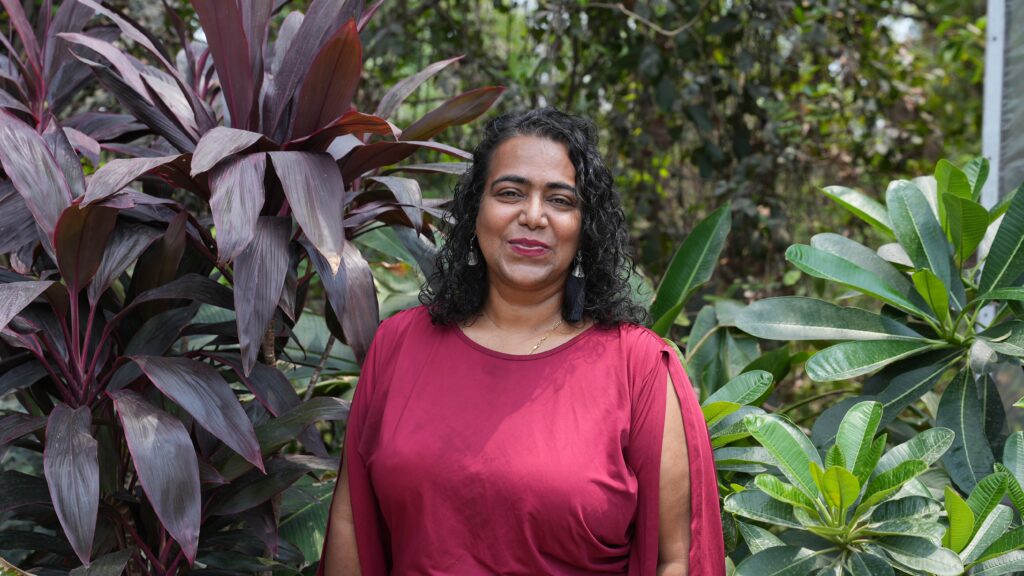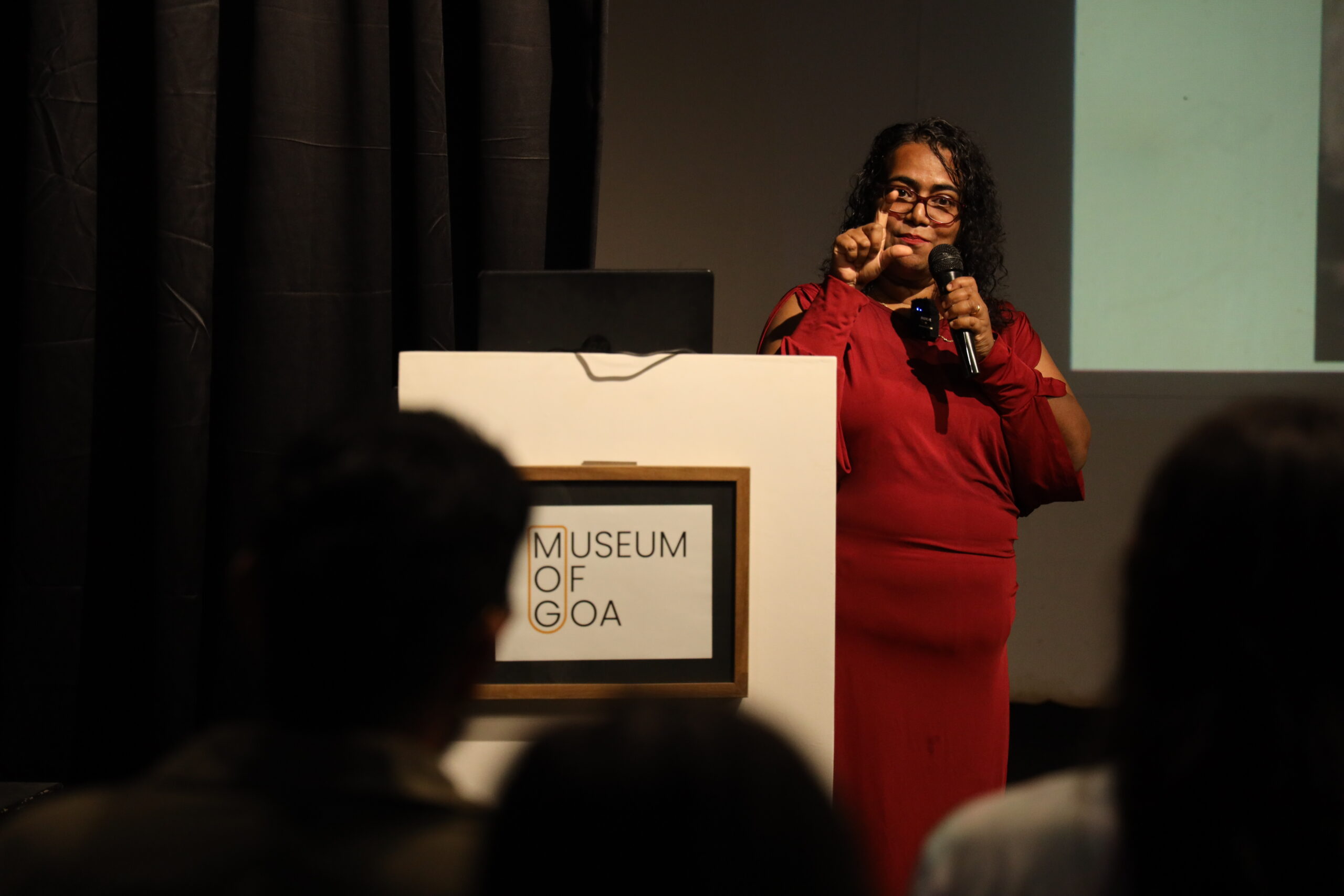
~ Ayurvedic expert highlights the need to preserve Goa’s medicinal plant legacy at MOG Sundays.
~ Lobo emphasises the link between biodiversity, traditional wisdom and modern wellness.
In an age where modern medicine reigns supreme, Dr Maryanne Lobo is staging a quiet rebellion… with leaves, roots and flowers.
The well-known Goan Ayurvedic physician, on a mission to revive Goa’s fading medicinal plant heritage and ancient remedies that once formed the backbone of local healthcare, shed light on the importance of conservation and its crucial link to our lives during her recent lecture at MOG Sundays at the Museum of Goa in Pilerne.
“For generations, our ancestors relied on the healing properties of local herbs and plants, many of which have been forgotten,” Lobo said during her lecture. “By reconnecting with this lost knowledge, we can create a sustainable and holistic approach to wellness that blends tradition with modern science.”
Lobo’s journey began when she noticed a growing disconnect between Goans and their natural heritage. While Goa is renowned for its biodiversity, urbanisation and lifestyle changes have led to a decline in the use of native medicinal plants. Determined to bridge this gap, she has been working closely with local communities, traditional healers and environmental experts to identify, cultivate and promote these natural remedies.
“Many of these plants have the potential to address common health concerns such as stress, inflammation, digestive disorders and even cancers, yet they remain underutilised,” Lobo explained. “By integrating them into everyday wellness practices, we can encourage a return to natural healing.”
She emphasised that human bodies have an innate ability to heal themselves when aligned with nature. Traditional festivals like Vata Poornima, which involves veneration of the banyan tree, are rooted in this deep connection with biodiversity.
“The body has an incredible ability to heal itself when we align it with nature’s rhythms,” Lobo said. “Ayurveda is not just about treating illnesses; it’s about enhancing life through balance, nourishment and mindfulness.”
Elaborating on the role of nature in traditional practices, she highlighted how cultural rituals foster a love for the environment and ensure the conservation of vital plant species. “For instance, the banyan tree is not just beneficial to humans—it provides a home for countless birds and supports rich biodiversity,” she noted.
Ayurveda, deeply woven into India’s and Goa’s cultural fabric, reinforces this symbiotic relationship, she added. Seasonal diets were designed to align with nature’s rhythms, ensuring sustainability while nourishing the body.


